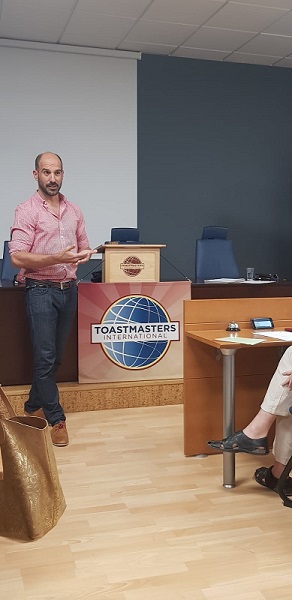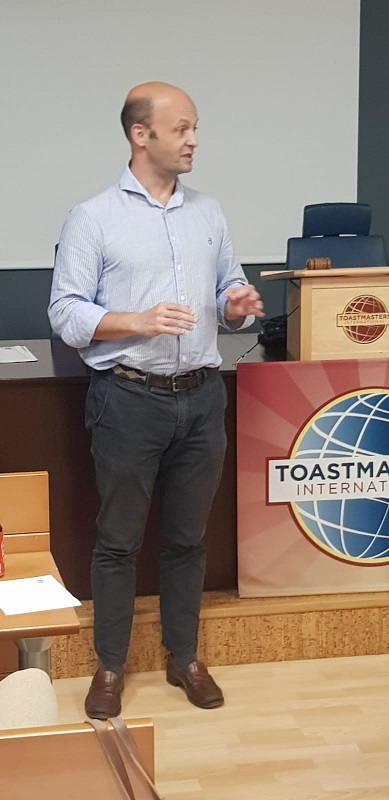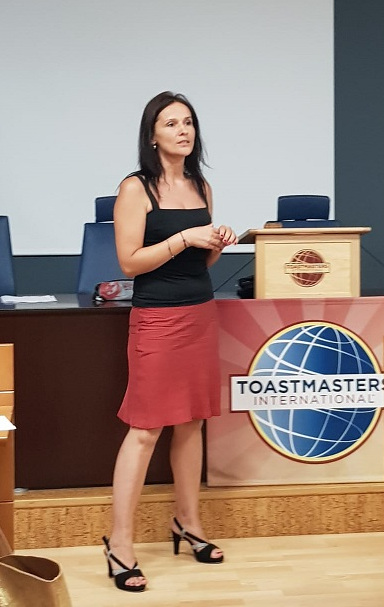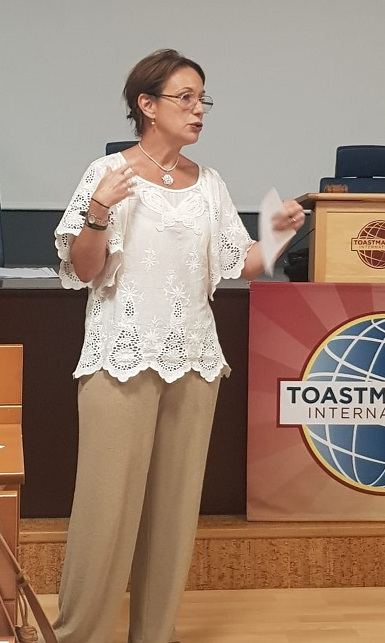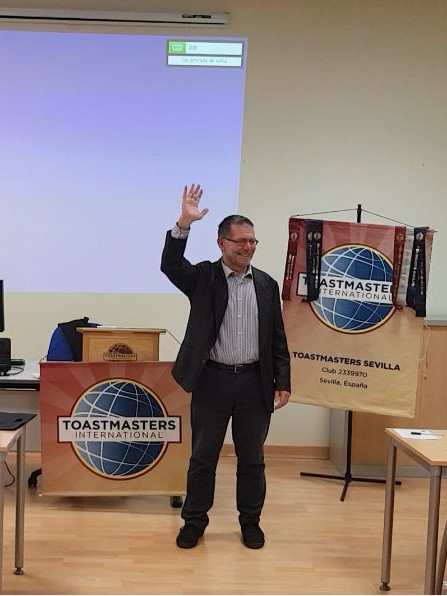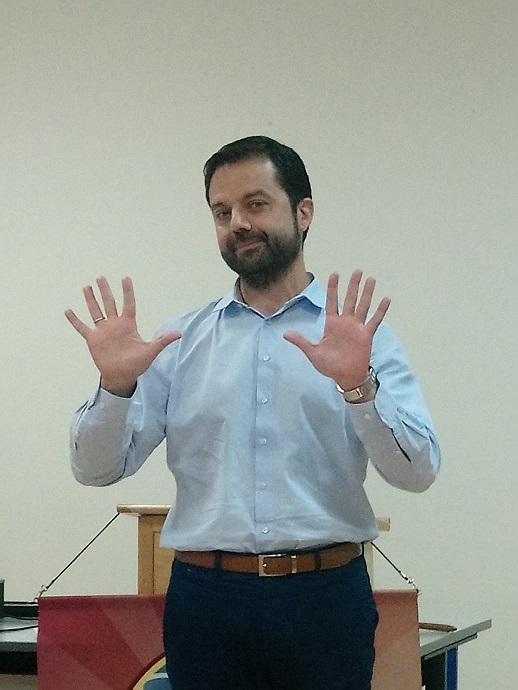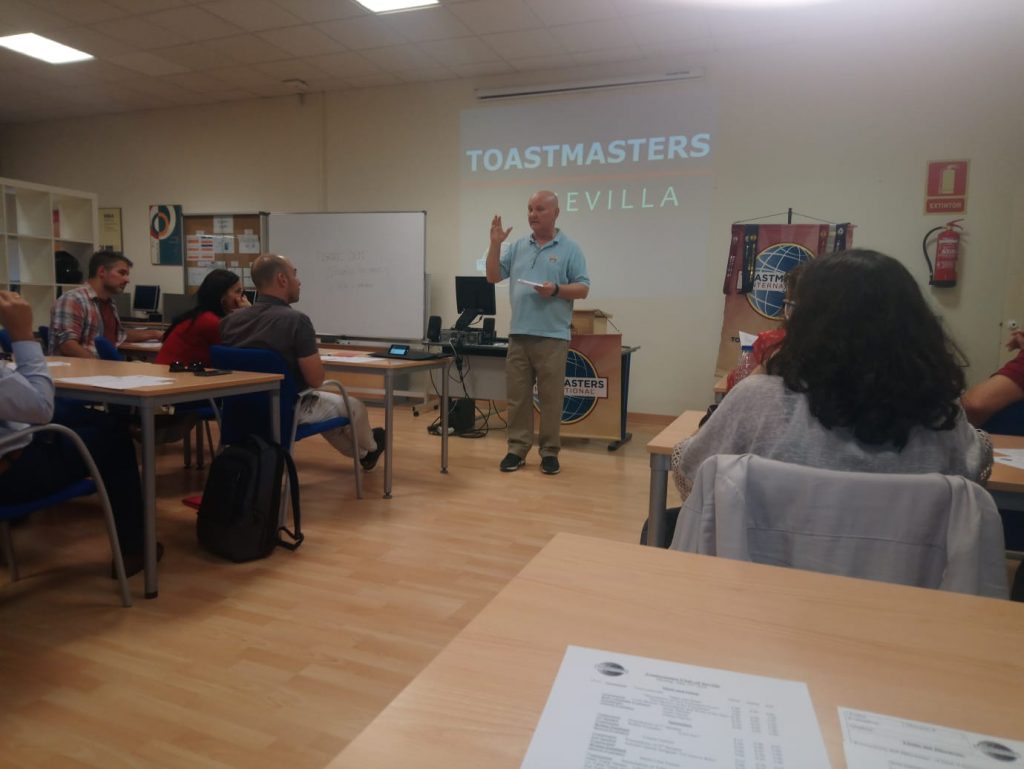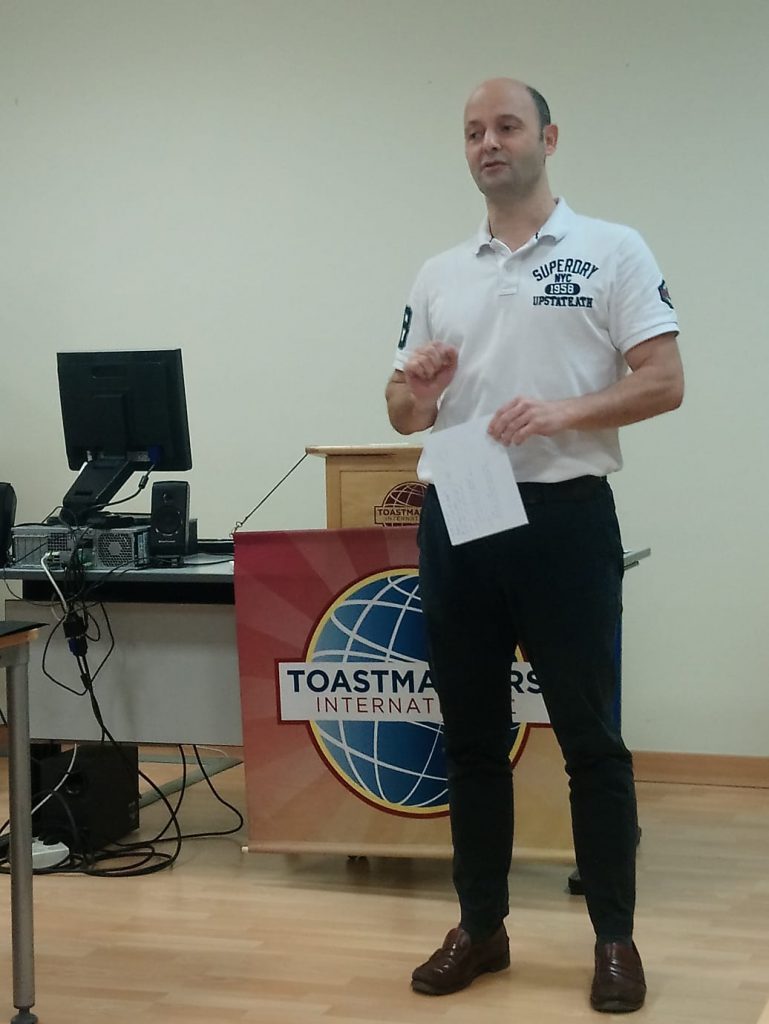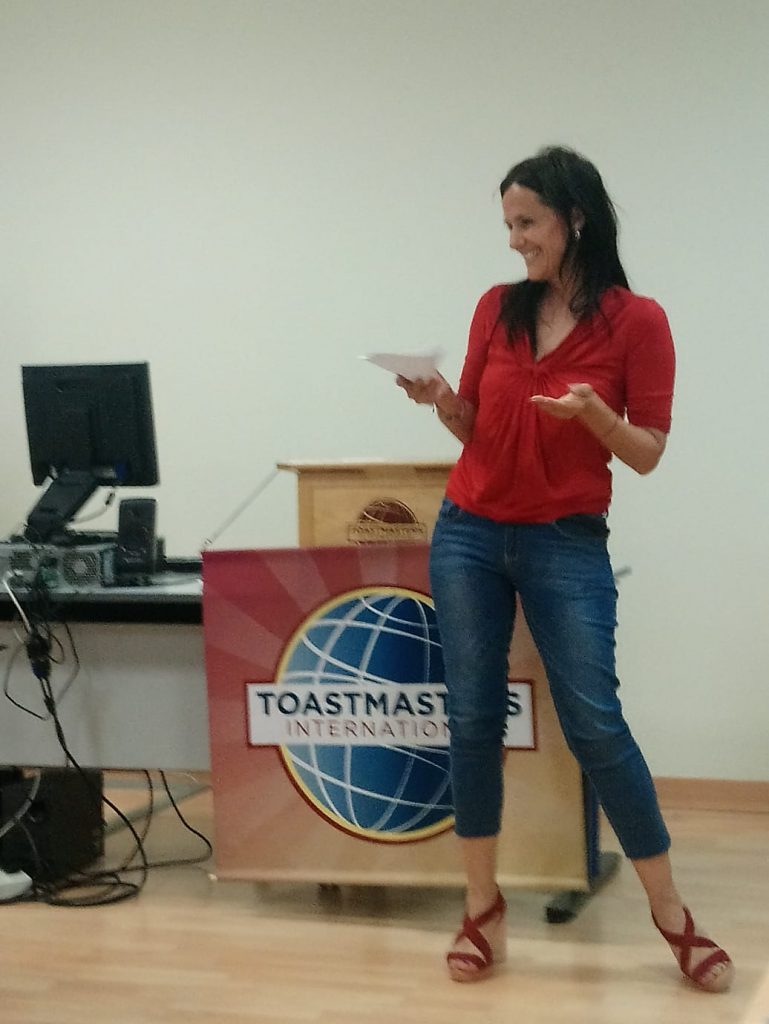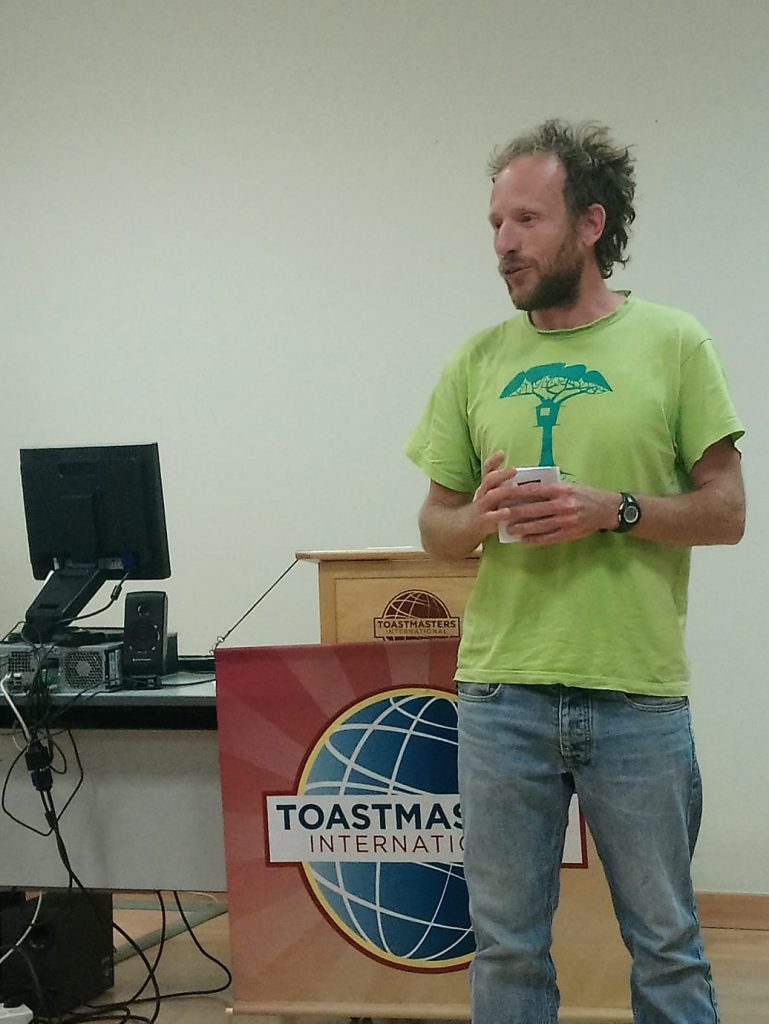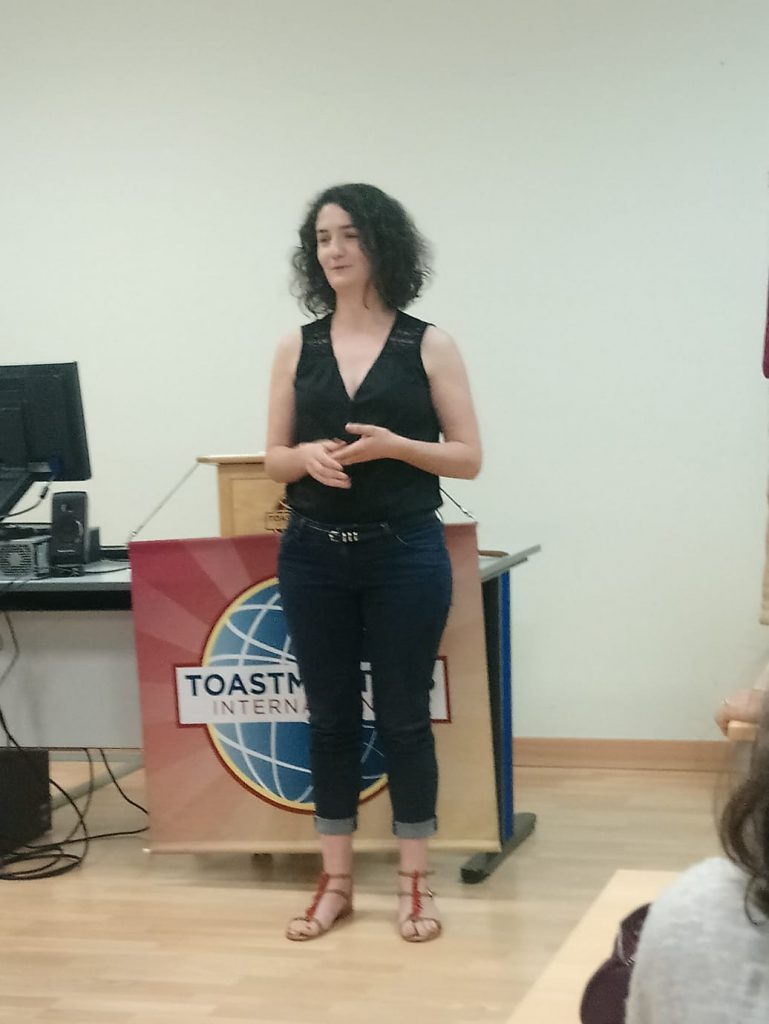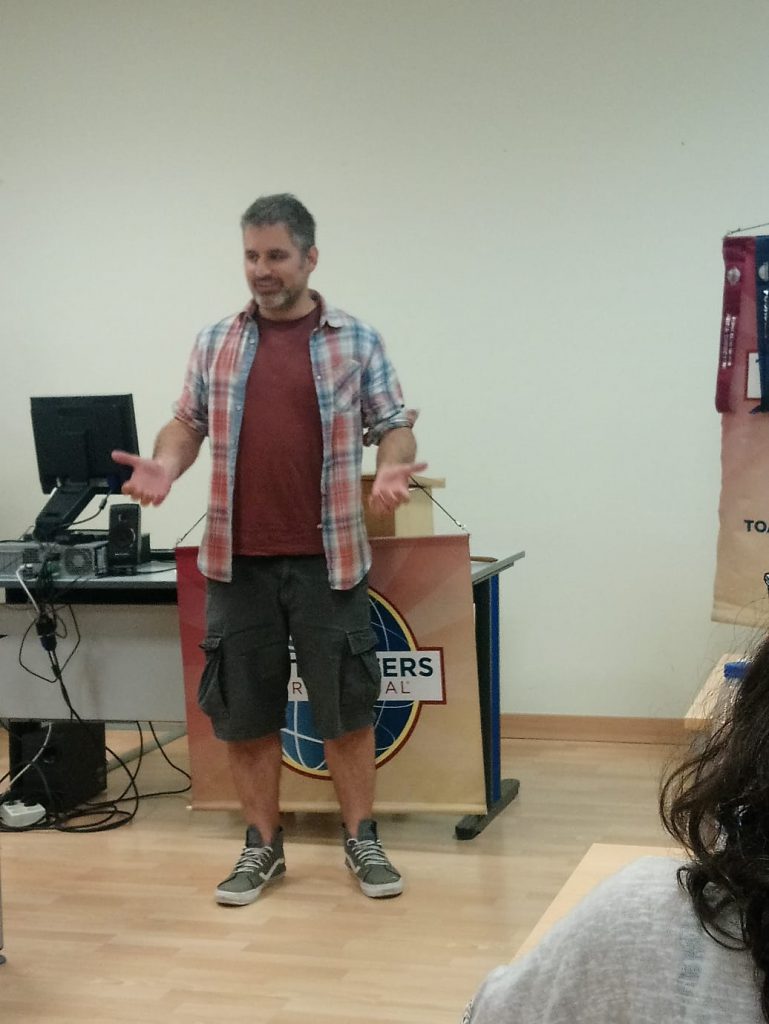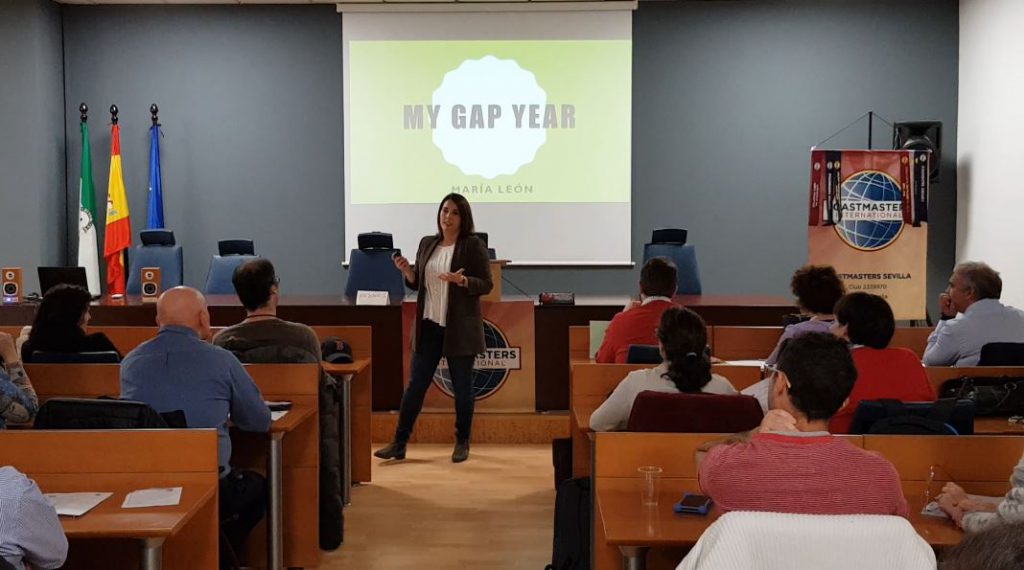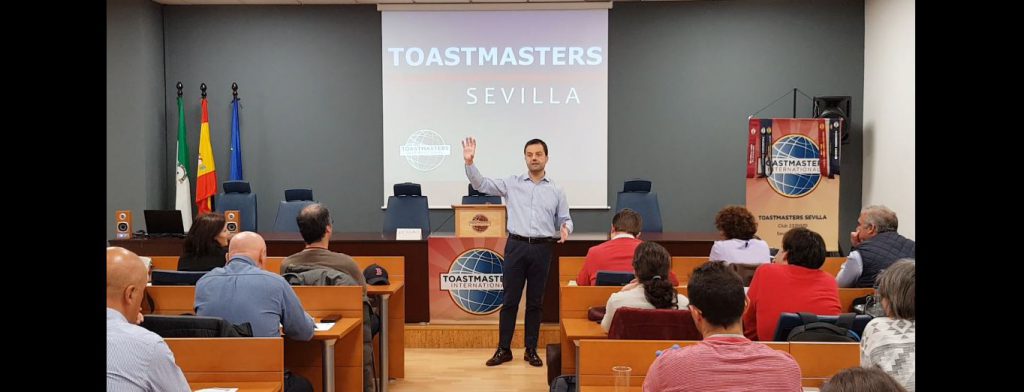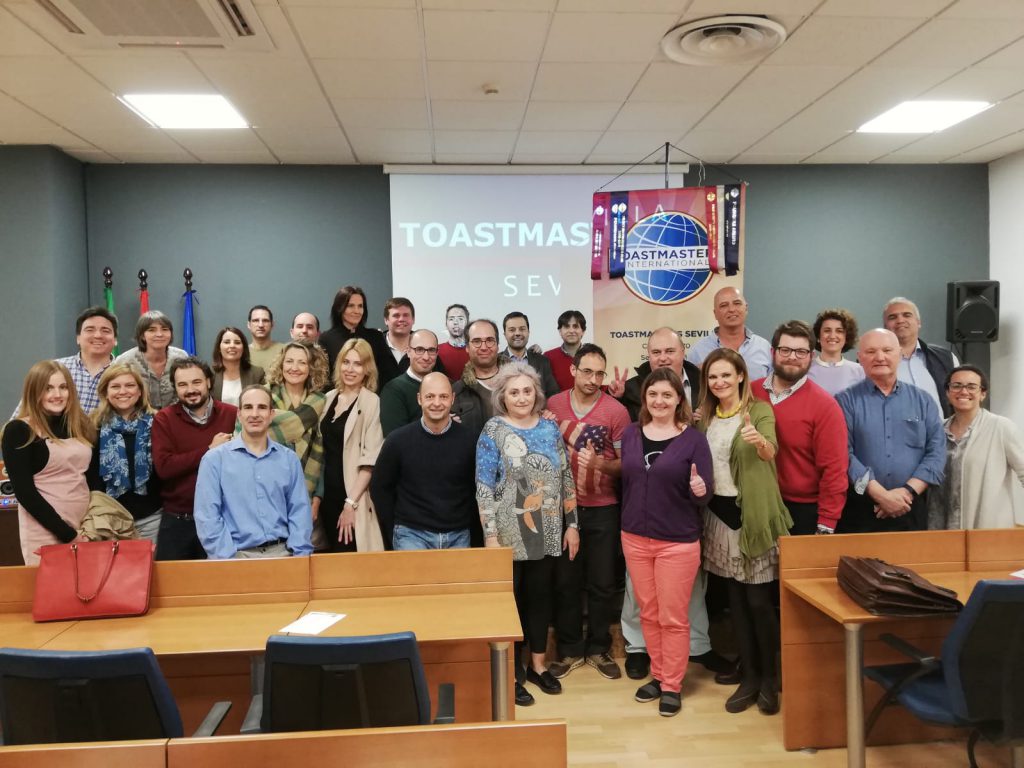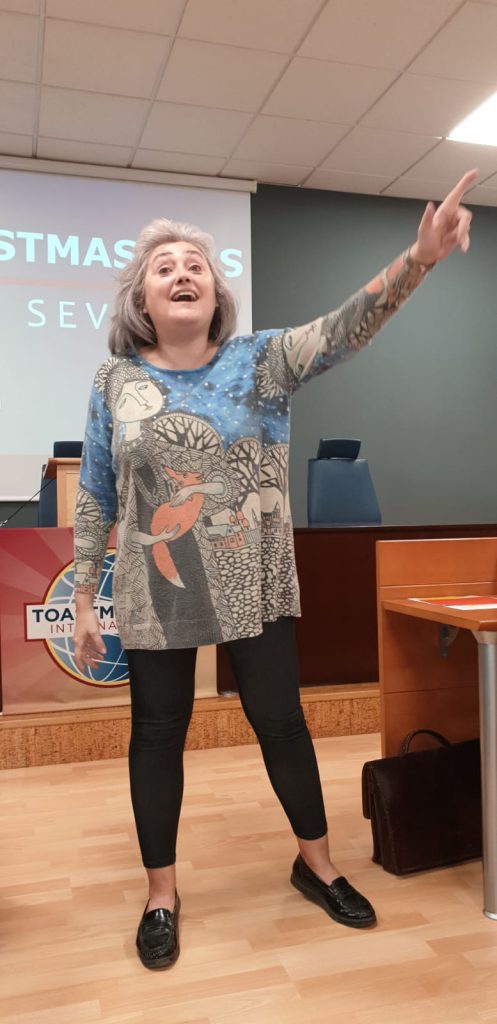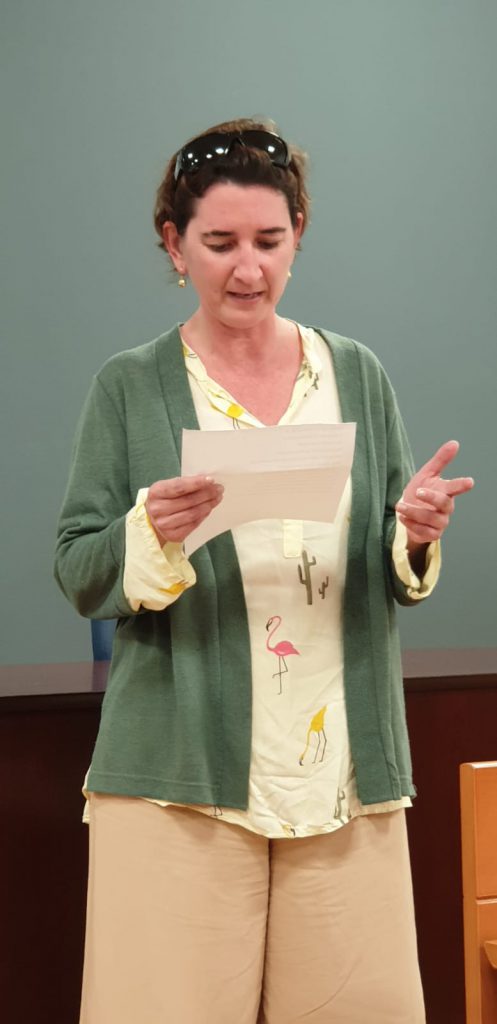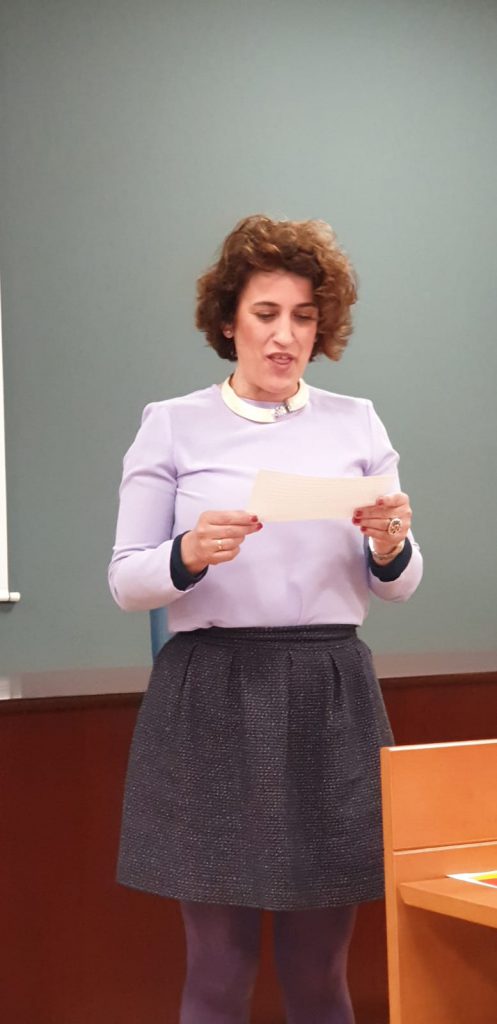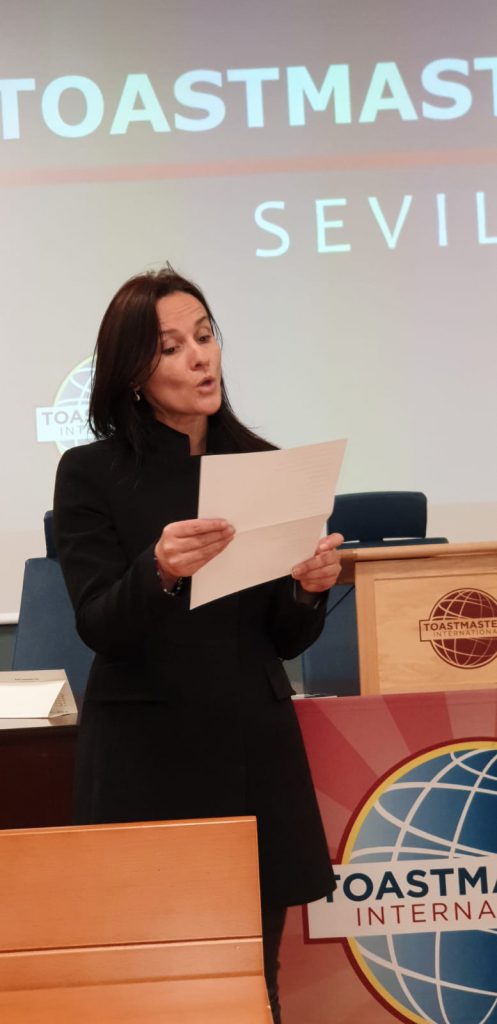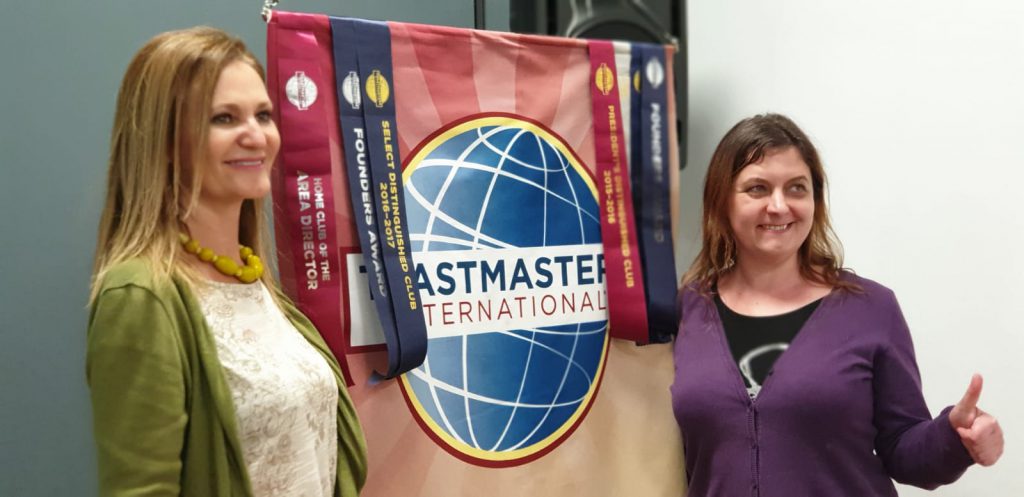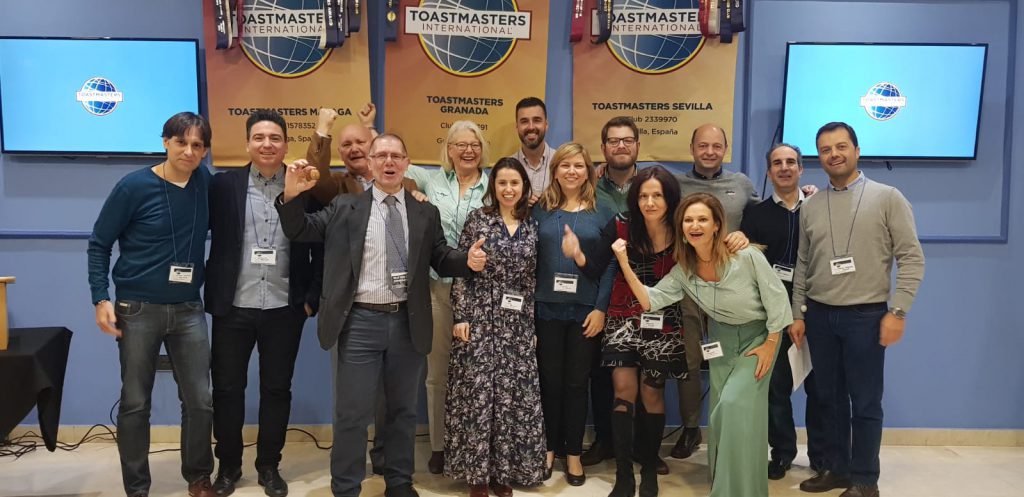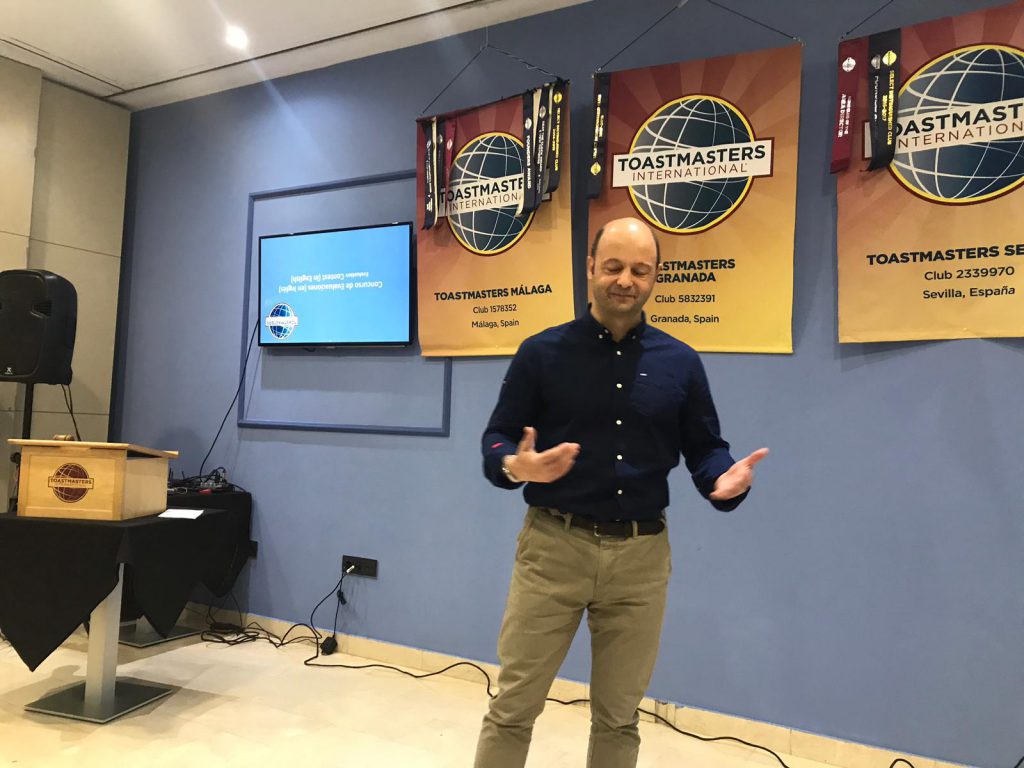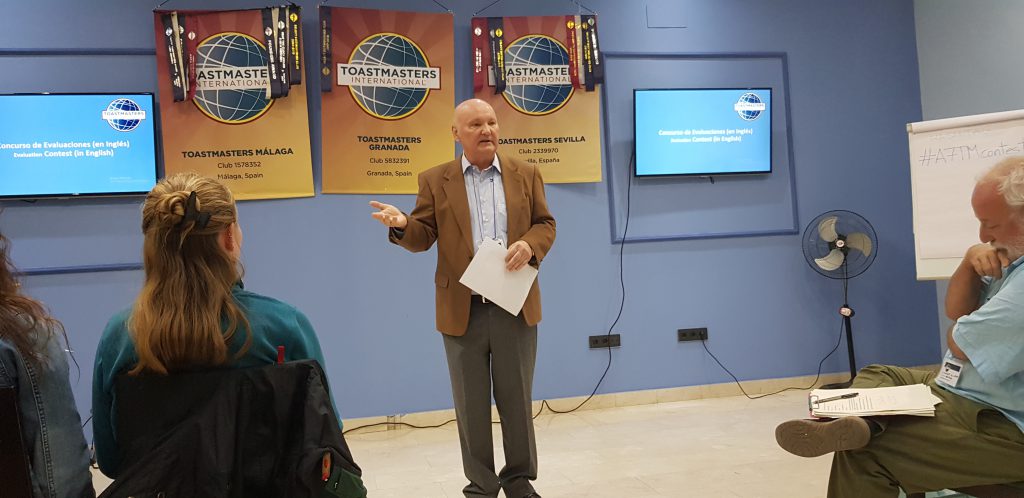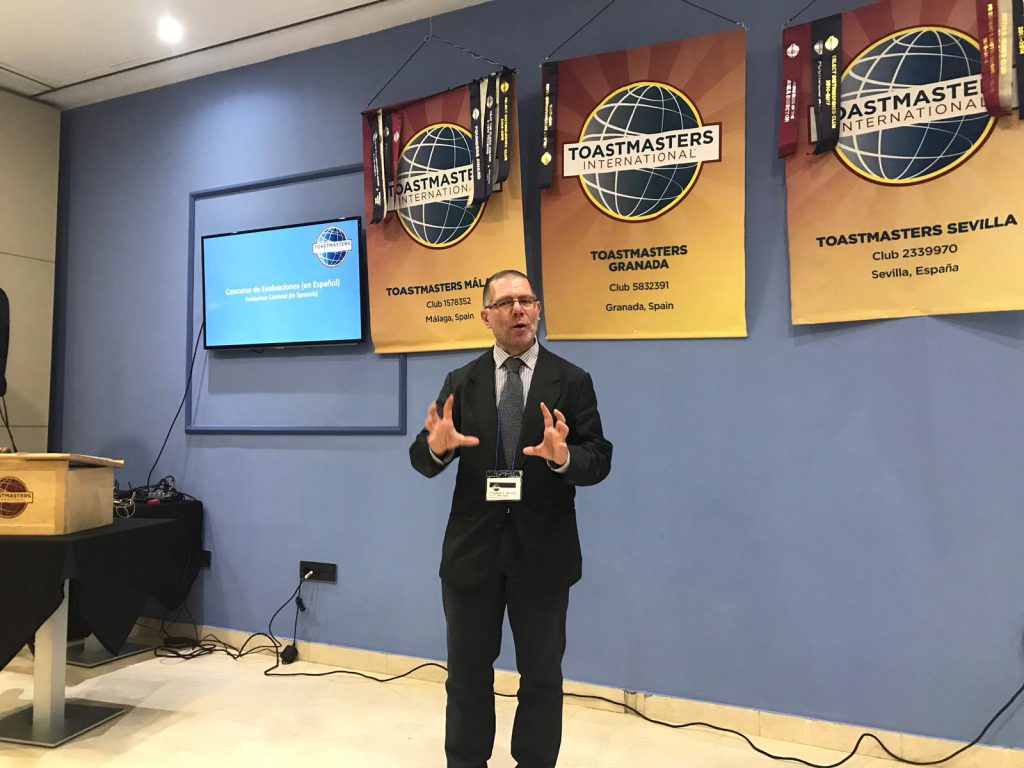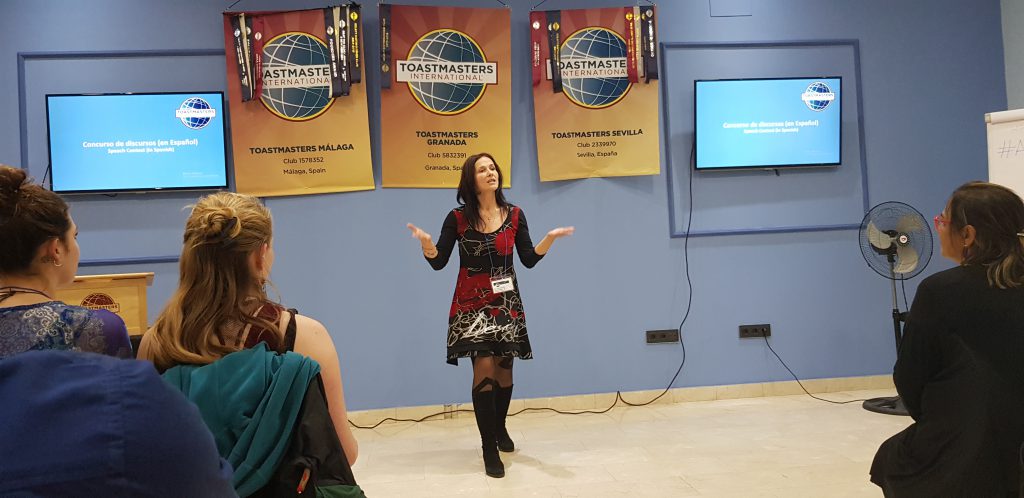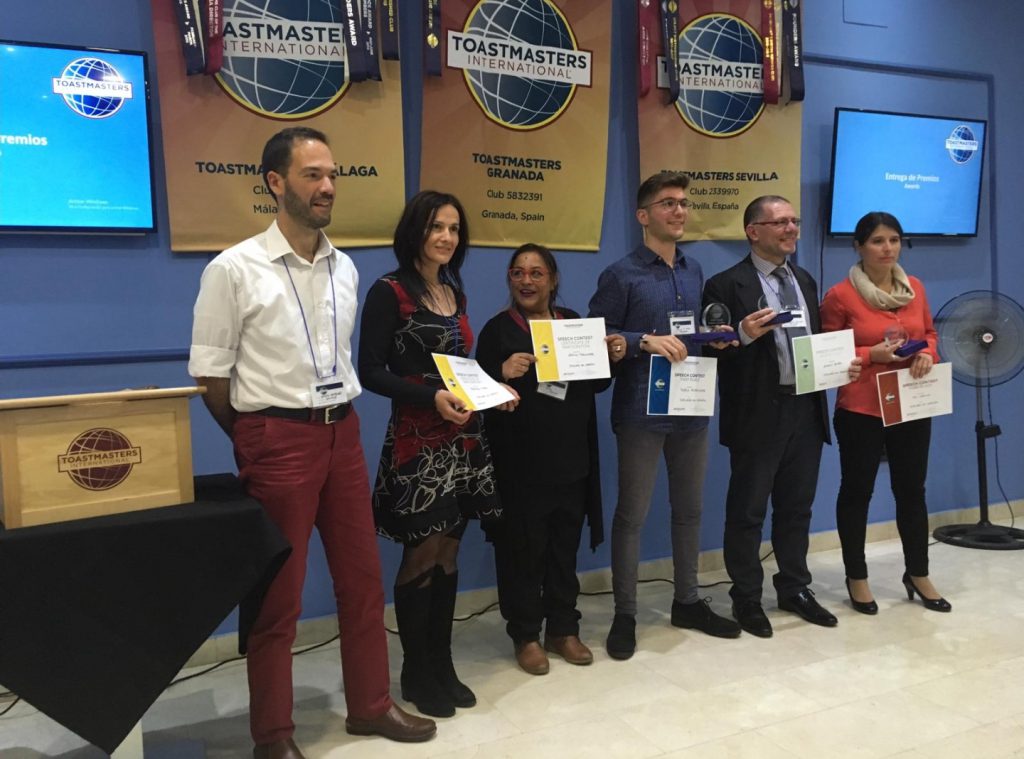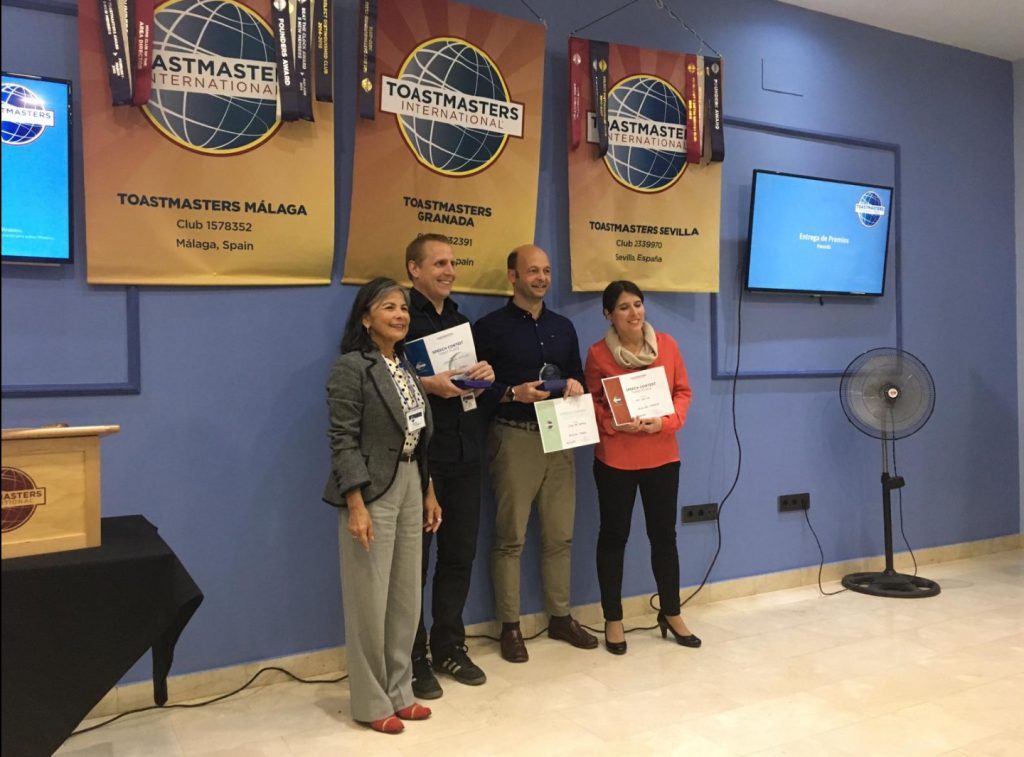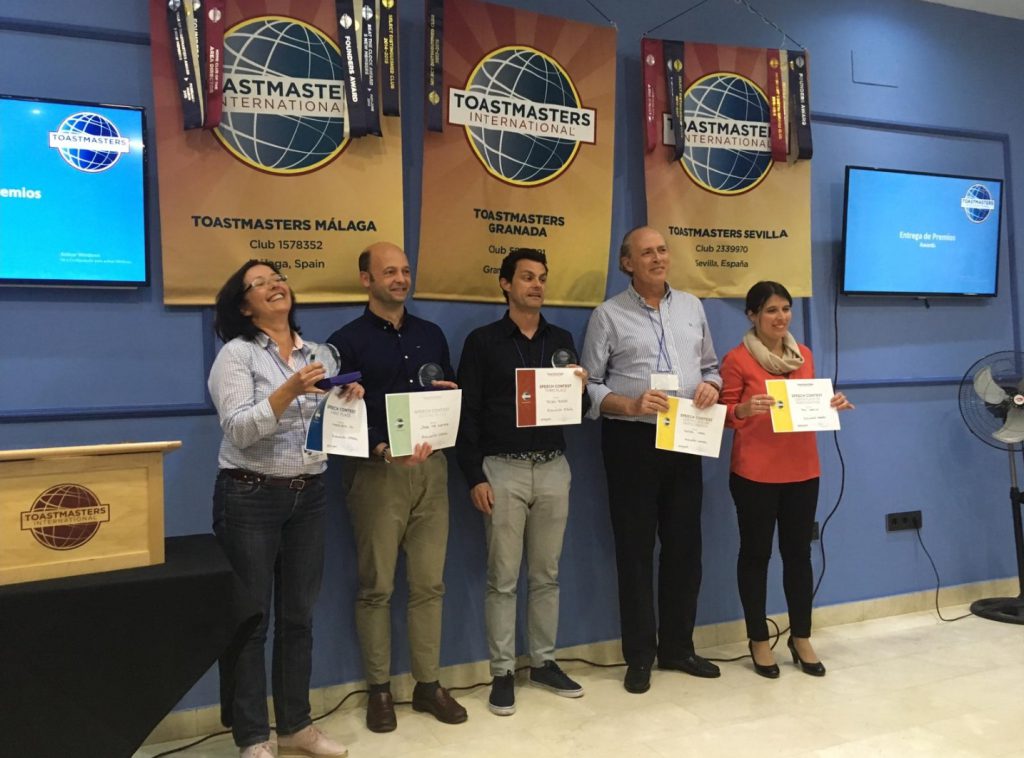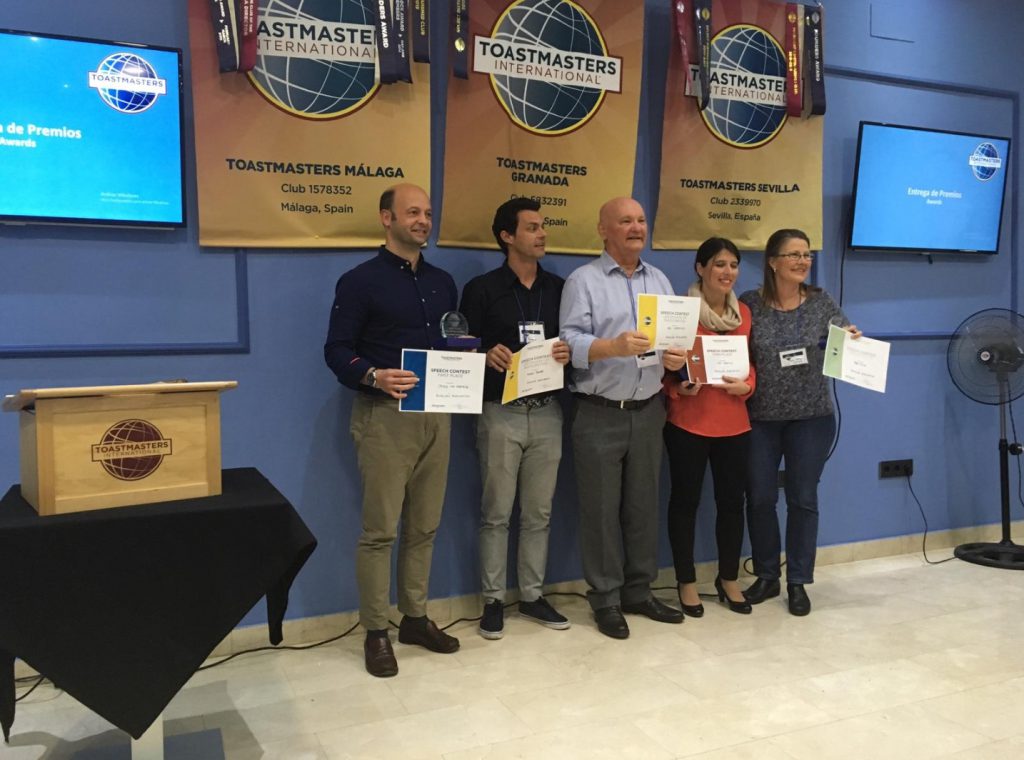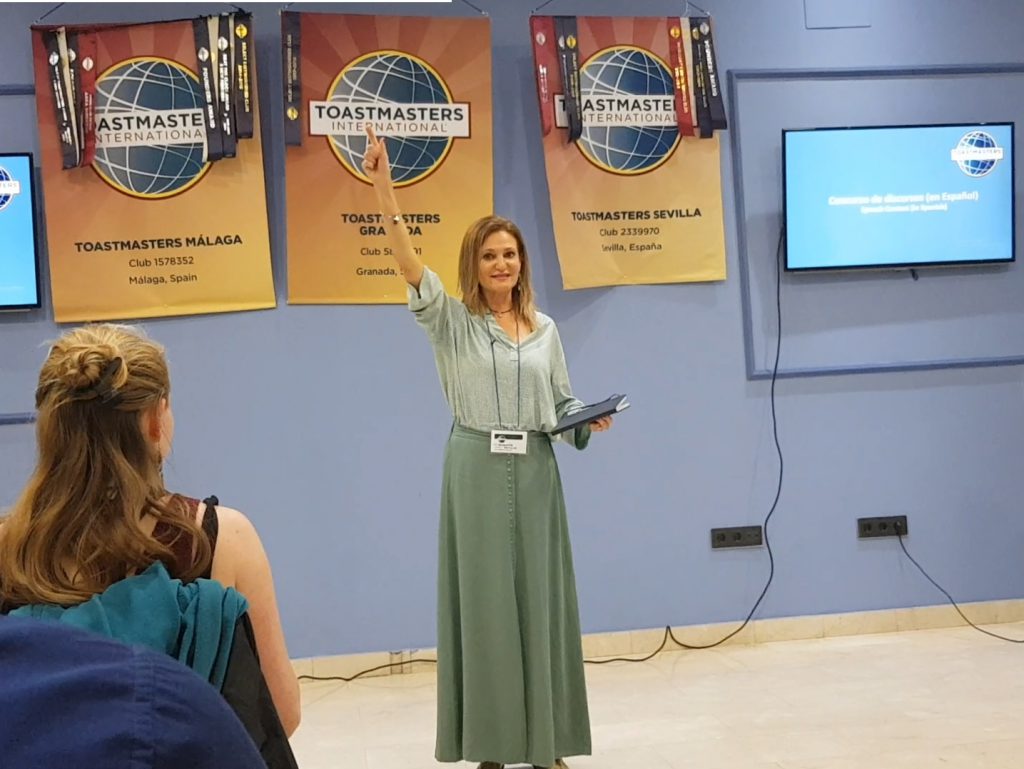Imagine an opera singer in front of thousands of people who are just dying to hear the high-pitched melody she is famous for, only to hear her sing in falsetto. No matter how great she sounds, hundreds of people will storm off angrily because that is not what they expected to hear. Now, put yourself in the opera singer’s place, the only difference being that you are speaking instead of singing, but it’s almost the same thing. Your pitch is basically how high or low your voice is, or how frequently you switch between the two.

What is the pitch?
Your pitch will determine if you are able to get your audience hooked from the beginning or if you’ll irritate them into leaving. It doesn’t matter if you are speaking at a zoom meeting or in front of a room full of people, you do not want to sound like you are on the verge of breaking all the windows around you with your voice. You want your pitch to be just right.
Using the right pitch is so easy that it doesn’t even need to be practiced. Your airways shouldn’t feel blocked and your throat shouldn’t feel itchy after just a few minutes. You should not strain to be heard. The right pitch is comfortable and feels like a part of you. The veins around your neck shouldn’t bulge and you definitely shouldn’t feel light-headed or out of breath. It is a speech, not a marathon race! The examples I gave above are only valid when you are sure that you do not have any underlying medical issue that prevents you from using the right pitch. For example, a cough or clogged nose might affect your vocal delivery, and that is understandable. What I am emphasizing here is those trying to force a pitch. It will never work!
Don’t fake it!
A fake pitch will always show its self. Imagine trying to hit Mariah Carey’s high pitch while singing, at some point you’ll run out of breath and start coughing. You might be able to pull it off for a few minutes but never for a long period of time. As a speaker, you want to find a pitch that feels comfortable for you. It should be as seamless as having a simple conversation. Adult males and females tend to have different pitch ranges because of the difference in their vocal folds and the sizes of their larynx. Female voices tend to be higher pitched and they have smaller vocal folds while it is the complete opposite for adult males. There are two factors to pitch in vocal delivery as far as speaking is concerned, and they are:
- Volume: When speaking as I explained above, you want to be sure that your voice is audible. You do not want your pitch too low, especially when you do not have the equipment to amplify it, or too high especially when you are in close proximity to the audience or have equipment that amplifies your voice.
- Expression: this is basically the meaning your pitch gives to certain words or statements and the emotions that can be derived from your pitch range such as anger, disinterest, and more.
Your pitch
Pitch range will vary from person to person. Your pitch should help convey different meanings such as surprise or to place emphasis on certain words and help differentiate a question from a statement. It is your pitch that helps you convey Irony or surprise and it can fluctuate severally (pitch c ) in your speech, sometimes even unconsciously. In general, there are four types of pitch changes and they are:
- Dipping Intonation: this is when your pitch falls, then rises when you speak. As in when you say; “How did you even do that?” You’ll note that your pitch falls when you say “how did you even…”, and then rises when you say “…do that?”
- Rising Intonation: this refers to a pitch that rises over time. It is commonly used when asking questions with yes/no answers, with statements of uncertainty, or expressing strong emotions like shock, anger, and joy. A rising pitch would also change a statement to a question. For example, “He did that.” becomes “He did that?”
- Falling Intonation: this is when your pitch continues to fall over time. It is most commonly used when commenting or making statements, asking Wh-questions, or expressing boredom.
- Peaking Intonation: this refers to a pitch that rises, then falls. For example, when offering someone a choice between two things, as in “this or that?” you would notice that the pitch falls on the last word. When you also call items off a list, your pitch tends to steadily rise, then falls on the last item.
Pitch Variety
Think of pitch variety as the little spices and herbs that give your recipes their unique taste. In your vocal delivery, pitch variety combined with the right tone gives your speech strength and value. It will no longer be a piece of writing on a sheet or few memorized words, it will come alive!
Pitch variety is something that scares a lot of speakers because they think too much about it and try to stick to the rules listed for the four pitch changes above, and that is the first mistake. Most times, we already know how to vary our pitch while speaking. The essence of the lesson above is to let you know that you shouldn’t sound surprised when you should be sounding bored, that is your pitch shouldn’t go high when it supposed to go low. It is that simple! A pitch relays a message, it isn’t just about making sure you are heard or making sure your voice is loud enough for those in the back, does your pitch convey the right message?
The opera singer doesn’t sing in one pitch throughout her performance, she varies her pitch, waving back and forth between different frequencies until she hits a climax. Sounding monotone while giving a speech kills your delivery, it doesn’t matter how strong your message is.
So next time you have a speech you want to deliver, don’t forget to add that spice, it might be just what you need to get that signature flavor.
Thelma Zambrano
she is member of Toastmasters Seville since September 2020


